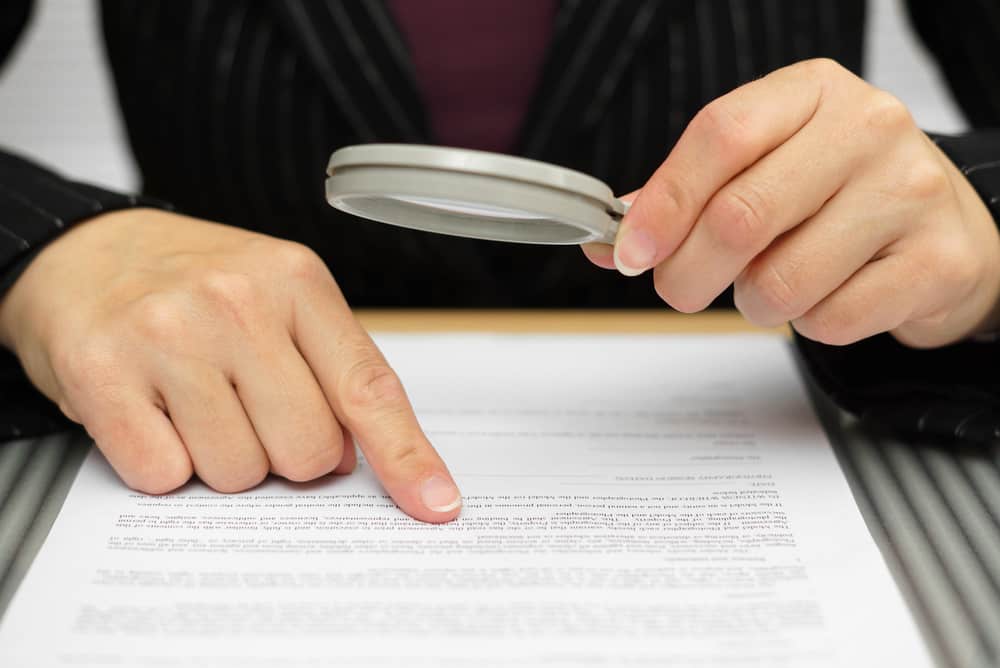
How to Survive a Deposition and Live to Tell About It
Anyone who has been involved in any type of case, from civil to criminal, has likely heard of a deposition. According to the Texas Code of Criminal Procedure, a deposition is basically a sworn statement that is taken from a party to a lawsuit, criminal case or legal claim as to what their side of the story is. Anything said during these depositions can be used as evidence, so it’s important for a person to be fully prepared and to avoid any mistakes that could be detrimental to their hopes for a successful outcome in a case.
Preparing for a Deposition
It’s vital for a person to have everything that they intend to say during a deposition prepared. This doesn’t mean that everything a person is prepared for will be asked, but it’s important to have good responses to all possible questions. It’s usually a good idea to meet with one’s attorney far in advance to properly prepare for the legal interview.
Opposing litigants or attorneys will often try to make a person misspeak and damage their case during a deposition. This is why it’s important to practice with an attorney first. Additionally, a deposition should only be given after first speaking with a legal professional. Your failure to talk to an attorney can be disastrous.
During the Deposition
During the deposition, it is important to fully understand all questions asked, and this means allowing the questioner to finish asking them. It’s also vital to avoid speaking on anything other than these questions. A deposition isn’t, as many people see it, an opportunity to reveal everything that happened. These questions are being asked so that the opposing party can win. It’s important to recognize this and then only give straight-forward answers to the questions asked.
Additionally, everyone should recognize that “I can’t remember” or “I simply do not know” are completely legitimate answers. Many people are asked questions during a deposition and feel as though they should have answers for every question. This leads some to make guesses, and this can be detrimental in the end. “I don’t know” won’t incriminate you, and since it’s often the truth, it’s sometimes the best possible answer.
What Happens Next?
After this “interview” is finished, a person will be asked if they’d like to read and sign the transcript of their deposition. The answer to this question should always be “yes.” This will give an individual the chance to confirm the contents of the transcript and ensure that they accurately answered all of the questions. If they see something that doesn’t look right, they can explain the inconsistency on the transcript, and this will be kept in the record.
A deposition is stressful; there’s no doubt about that. Fortunately, it doesn’t have to ruin your case. Simply engaging in a little preparation can go a long way in benefiting a case in the long run.
Get in touch with Brett Podolsky today at 713-227-0087 to learn more about the deposition process.